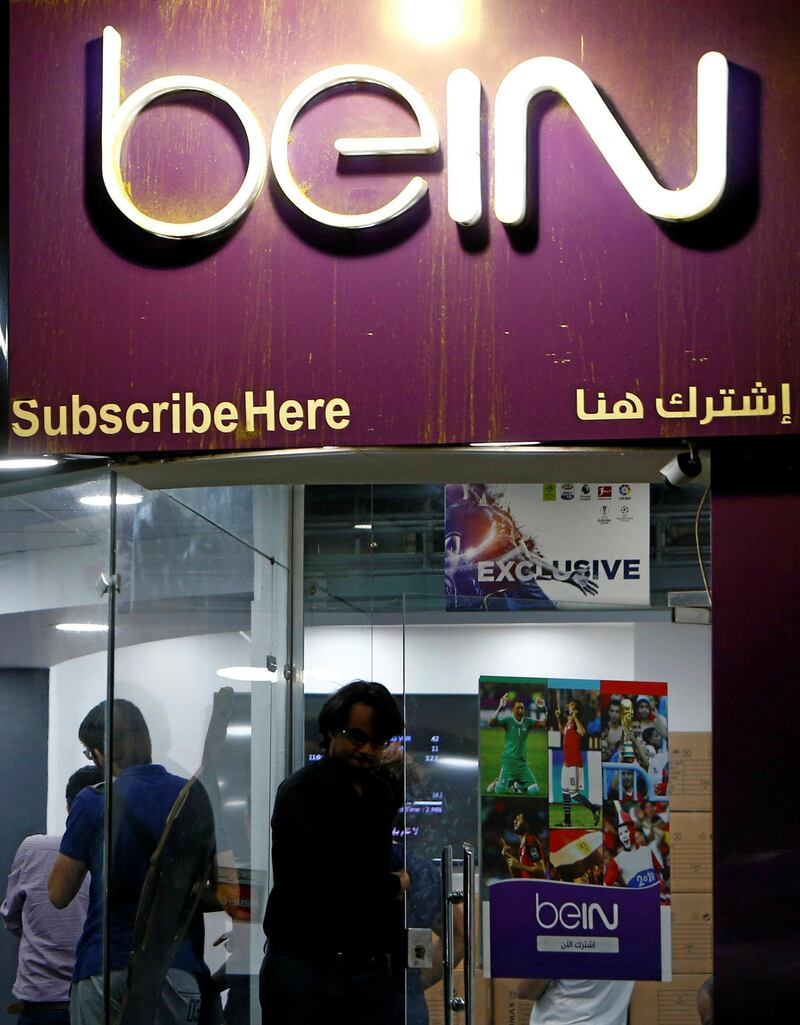The 2018 Fifa World Cup has brought together 32 national teams, representing five sporting confederations, to Russia in celebration of sport. Tens of thousands of football fans from across the world have electrified stadiums and generated a carnival atmosphere in host cities. And four days in, the tournament is proving to be far more exciting than anyone had predicted. Defending champions Germany were beaten by Mexico. Iceland, taking part for the first time ever at a World Cup, tied with their formidable Argentine opponents. Brazil, home to some of the world's most revered footballers, only managed to draw with Switzerland. Alas, some of this region's sporting cynosures – Saudi Arabia, Egypt and Morocco – have not got off on the best footing, although opportunities for redemption lie ahead.
So for all the questions raised about the appropriateness of staging the games in Russia, the 2018 World Cup has got off to a brilliant start. Fans of football all over will have enjoyed every moment of it. In the region, however, BeIN Sports, the Qatar-backed channel with the broadcasting rights to the tournament, appears determined to ruin viewers' pleasure – and, even worse, politicise sport and subvert the inclusive spirit of the World Cup. Games telecast by the broadcaster have been obscured by a constant stream of messages about piracy and floating BeIN logos all over the screen..
These messages convey a clear disregard for the viewing experience of paying subscribers. But that's only a part of the story. Qatar has abused the privilege of Fifa broadcasting rights by suffusing sporting commentary, which by convention is neutral, with a torrent of polemical, political rhetoric directed at Saudi Arabia. The World Cup is meant to unite; Qatar is deploying its monopoly to divide. Football fans have reacted by floating a petition against this blatant politicisation by Doha, which has drawn 47,000 signatures, including by Ahmed Hassan, the former captain of Egypt's national football team. Turki Al Sheikh, head of Saudi Arabia's sports authority, is considering legal action against BeIN. Fifa, which awarded the 2022 World Cup to Qatar, needs to act urgently to intervene against BeIN's egregious conduct. What is at stake is the tournament's core message of inclusion.





